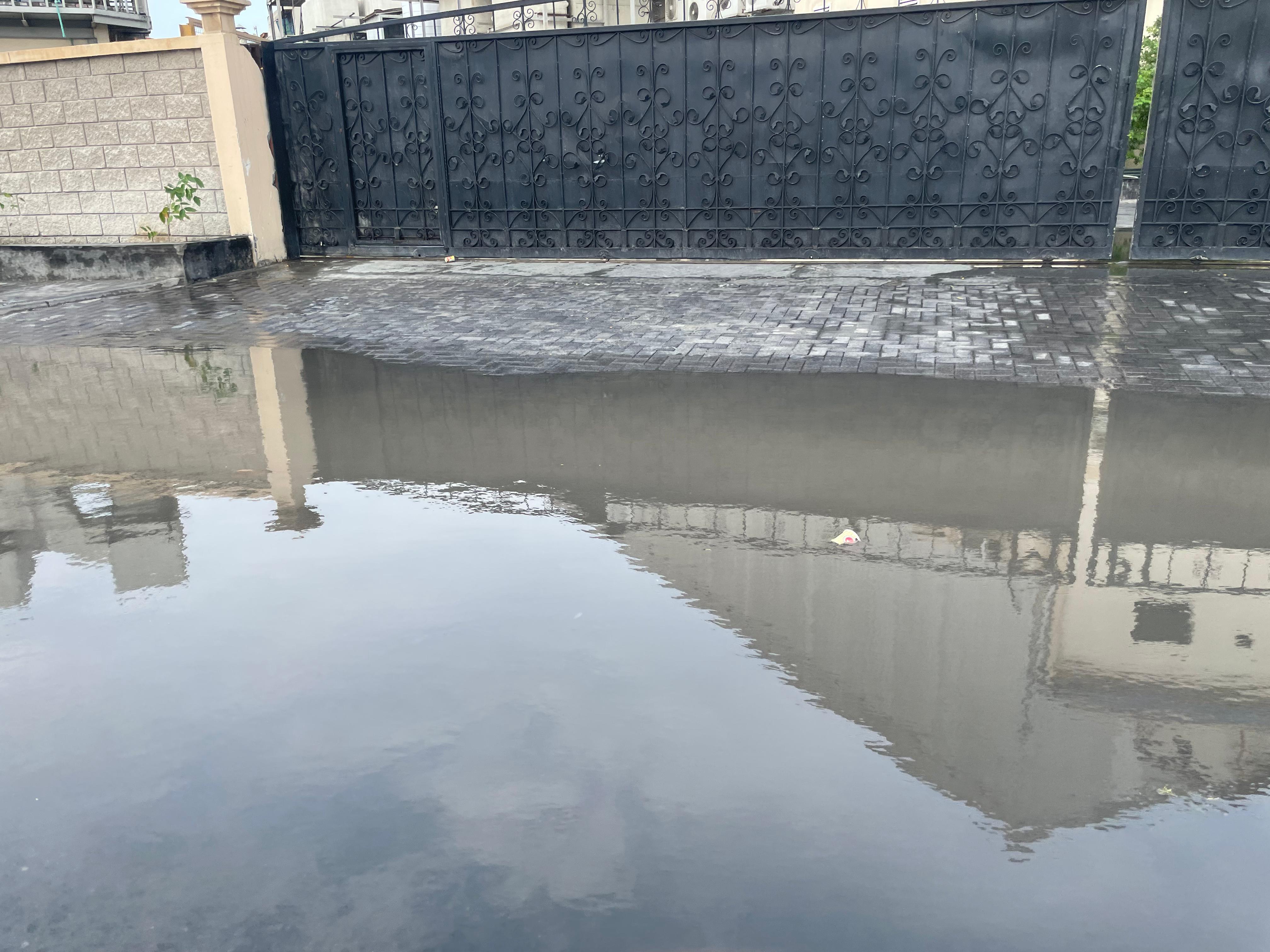Raining questions over rainwater management in Bahrain
TDT | Manama
The Daily Tribune – www.newsofbahrain.com
Reported by Zahra Ayaz
In the aftermath of recent heavy rains and subsequent flooding in certain areas of Bahrain, discussions surrounding rainwater management have taken centre stage. The Ministry of Transportation and Telecommunications has acknowledged that Bahrain may experience rain accompanied by a slight drop in temperature this week.
However, the country’s drainage system, which does not separate rainwater from sewage water, presents an obstacle to effectively harnessing the benefits of this precious resource. Unlike countries like Germany, where rainwater and sewage water are segregated, Bahrain’s rainwater follows the path of the sewage system, eventually finding its way to treatment plants or being discharged into the sea as grey water.
This inefficient system raises questions about the fate of rainwater in the Kingdom. Could it not be repurposed for agricultural irrigation, contributing to increased arability, reduced heat, and replenished groundwater?
Lack of incentives
The Daily Tribune reached out to Mr. Kai Miethig, an environmental advocate who sheds light on the issue, pointing out the absence of segregated drainage systems and the lack of incentives for rainwater collection in Bahrain.
“In Germany, citizens are required to pay a tax based on the sealed area of their properties, encouraging responsible drainage practices,” he added. Miethig suggests that implementing a similar approach in Bahrain, where non-drained water flows into sewage and treatment plants, could foster the collection and utilisation of rainwater for agricultural purposes.
Moreover, he emphasises that the Kingdom’s water is relatively inexpensive compared to other regions, and a price adjustment reflecting its true value could promote more responsible consumption.
Concerns
Addressing concerns about the feasibility and cost of setting up a city-wide rainwater harvesting system, Mr. Kai believes that scale is not the primary issue. The focus should be on harvesting rainwater wherever it appears, both in private and public spaces. He suggests installing water collection facilities and reducing surface sealing to allow rainwater to drain into the ground and replenish groundwater.
This could involve creating natural or artificial channels or ponds, such as the Buhair Valley near Sanad, which would not only facilitate water harvesting but also provide natural habitats for the flourishing of the local environment. Regarding residential areas, Mr. Kai proposes incorporating rainwater harvesting into the master plan and implementing it on a per-unit basis.
This could involve underground collection tanks to prevent rapid evaporation and ensure a sustainable supply of rainwater for various purposes. While Bahrain’s rainfall is intermittent, exploring options for rainwater management and utilising it effectively can contribute to addressing water scarcity and promoting environmental sustainability.
Mr. Kai Miethig
Related Posts



